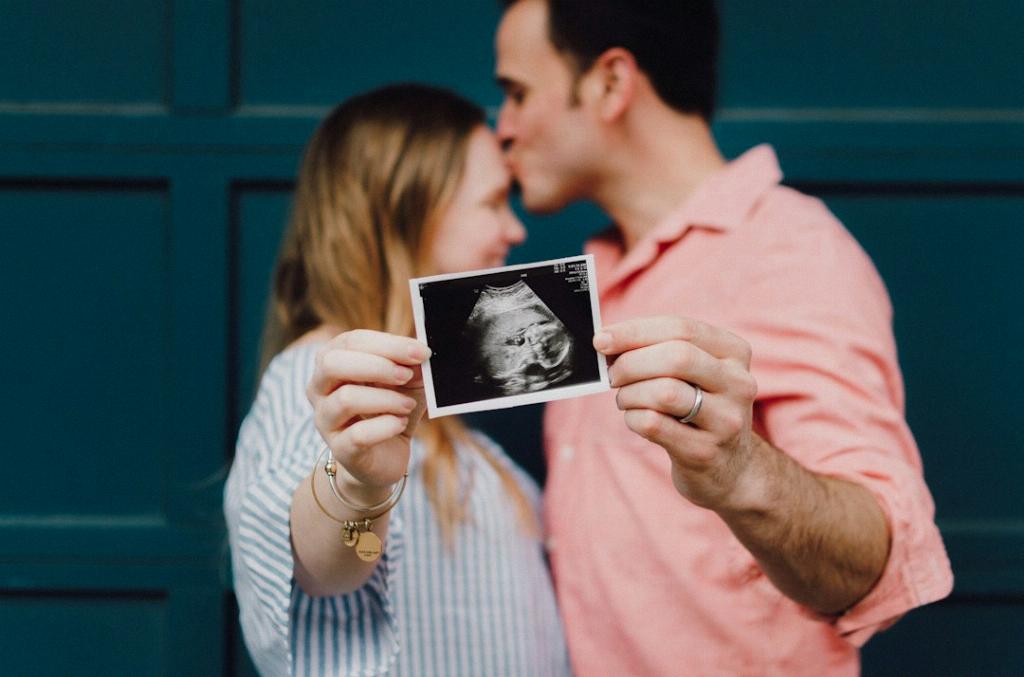When you take a pregnancy test, you may wonder what exactly it is detecting. Pregnancy tests are designed to detect the presence of a hormone called human chorionic gonadotropin (hCG) in your body. This hormone is produced by the cells that will eventually form the placenta during pregnancy.
Once a fertilized egg has attached to the lining of the uterus, hCG starts to be produced. The levels of hCG increase rapidly in the early stages of pregnancy, doubling every 48 to 72 hours. This hormone plays a crucial role in maintaining the pregnancy by signaling to the body that a fertilized egg has implanted successfully.
There are two main types of pregnancy tests: urine tests and blood tests. Both tests work by detecting the presence of hCG, but they differ in the way they collect and analyze the sample. Urine tests are the most common type of pregnancy test and can be easily performed at home using a test kit.
Urine pregnancy tests work by detecting hCG in your urine sample. These tests are designed to be sensitive to even small amounts of hCG, allowing them to detect pregnancy early on. Blood tests, on the other hand, are usually done at a healthcare provider’s office and can detect hCG in your bloodstream.
When a pregnancy test detects hCG in your body, it confirms that you are pregnant. The presence of hCG in your system is a reliable indicator of pregnancy, as this hormone is not typically found in the body outside of pregnancy. The accuracy of a pregnancy test depends on various factors, including how and when it is performed.
It is important to follow the instructions provided with your pregnancy test kit carefully to ensure accurate results. Taking the test too early or too late in your menstrual cycle can affect its accuracy. Additionally, using an expired test kit or improperly storing the kit can also impact the results.
If you receive a positive result on a pregnancy test, it is recommended to confirm the result with a healthcare provider. They may perform a blood test to verify the presence of hCG in your bloodstream and provide further guidance on prenatal care. It is essential to seek medical advice to ensure a healthy pregnancy.
On the other hand, a negative result on a pregnancy test may indicate that you are not pregnant at the time of testing. However, if you suspect that you may still be pregnant despite a negative result, it is advisable to repeat the test after a few days or consult with a healthcare provider for further evaluation.
Understanding what pregnancy tests detect and how they work can help you make informed decisions about your reproductive health. Whether you are trying to conceive or hoping to avoid pregnancy, knowing how pregnancy tests function can empower you to take control of your fertility and plan for the future accordingly.
In conclusion, pregnancy tests detect the presence of human chorionic gonadotropin (hCG) in your body, a hormone produced during early pregnancy. By detecting hCG in urine or blood samples, pregnancy tests can provide accurate results that confirm or rule out pregnancy. It is crucial to use pregnancy tests correctly and seek medical advice for further evaluation and care.

